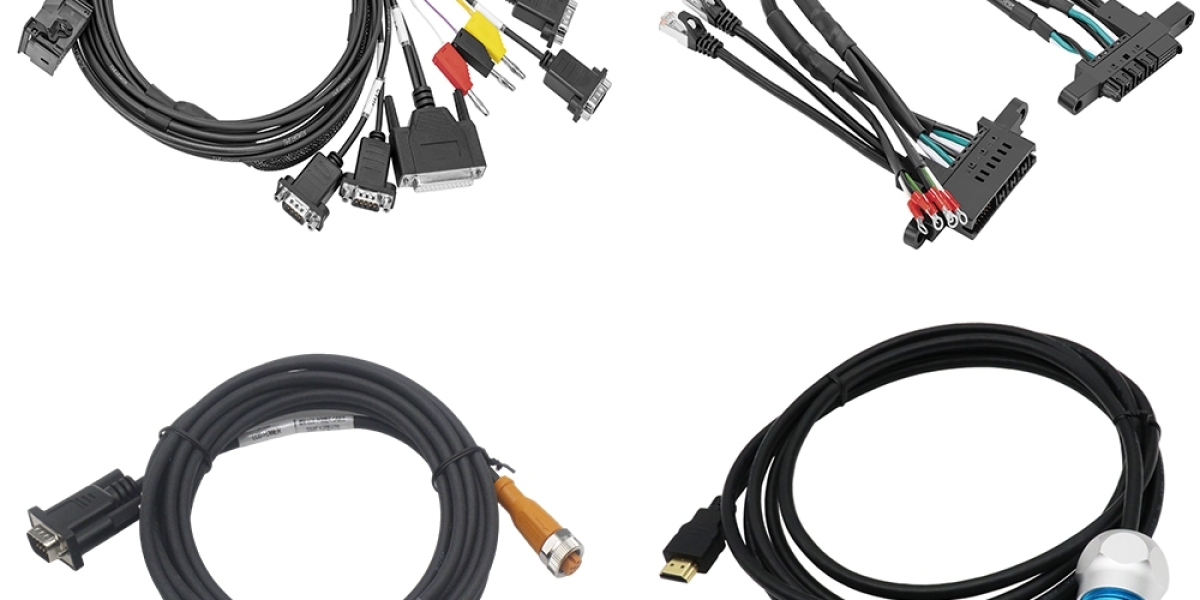1. What is a custom cable assembly?
A custom cable assembly is a cable product designed and manufactured to a customer's specific requirements. It typically includes cables, connectors, and various other components such as plugs, sockets, terminals, and jackets. Custom cable assemblies are used in a variety of industrial and commercial applications, including data communications, healthcare, automotive and aerospace.
2. What are the advantages of custom cable assemblies?
Custom cable assemblies can provide many benefits, including:
Custom Design: Custom cable assemblies can be designed to meet a customer's exact specifications and requirements.
Improved performance: Custom cable assemblies can provide increased performance and reliability because they are designed specifically for a customer's specific application.
Reduced costs: Custom cable assemblies can help customers reduce costs because they eliminate unnecessary components and materials, thereby reducing overall production costs.
Increased efficiency: Custom cable assemblies can increase production efficiency because they help customers streamline the assembly process and reduce potential errors and rework.
3. What are the application areas of custom cable assemblies?
Custom cable assemblies are used in a wide variety of industrial and commercial applications, including:
Data Communications: Custom cable assemblies are used to connect computers, network equipment and other electronic devices.
Healthcare: Custom cable assemblies are used to connect medical equipment such as electrocardiographs, oximeters, and ventilators.
Automotive: Custom cable assemblies are used to connect various electrical and electronic systems in automobiles, such as engine control units, dashboards, and audio systems.
Aerospace: Custom cable assemblies are used to connect various electrical and electronic systems in aircraft, such as navigation systems, communications systems and control systems.
4. How to choose a custom cable assembly supplier?
When selecting a custom cable assembly supplier, customers should consider the following factors:
Experience and expertise: Select suppliers with experience and expertise to ensure they can provide high-quality products and services.
Quality Control: Choose suppliers with strict quality control systems to ensure products meet customer specifications and requirements.
Delivery Time: Choose a supplier that can meet your customer's delivery time requirements to avoid production disruptions and delays.
Price: Choose suppliers with competitive prices to reduce overall purchasing costs.
5. What is the production process for custom cable assemblies?
The production process for custom cable assemblies typically includes the following steps:
Design: Cable assemblies are designed according to customer specifications and requirements.
Material Selection: Selecting the appropriate cables, connectors, and other components to manufacture the cable assembly.
Processing: Processing of cables and assemblies, including cutting, stripping, terminating and soldering.
Assembly: The assembly of cables, connectors, and other components into a complete cable assembly.
Testing: Cable assemblies are tested to ensure they meet customer specifications and requirements.
Packaging and Shipping: Cable assemblies are packaged and shipped to customers.









